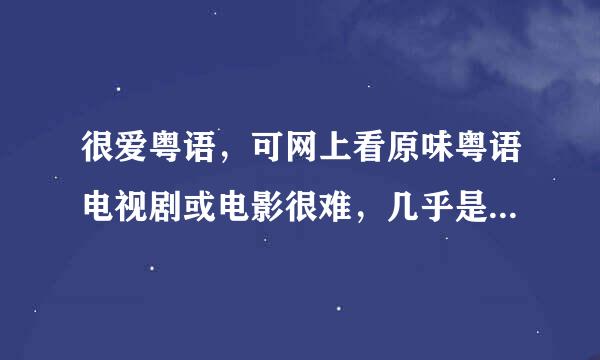
I leave uncultivated today,was precisely yesterday perishes tomorrow which person of the body implored.
你所浪费的今天,是昨天死去的人奢望的明天。你所厌恶的现在,是未来的你回不去的曾经。
基本用法:
一般现在时(Simple Present Tense)表示现在的状态、经常的或习惯性的动作、主语具备的性格和能力等。
时间状语:Always, usually, often, sometimes, every week (day, year, month…),once a week(day, year, month…),on Sundays(on Mondays …).
扩展资料:语法注意事项:
现在完成时
1,概念:过去发生或已经完成的动作对现在造成的影响或结果,或从过去已经开始,持续到现在的动作或 状态。
2,时间状语:yet, already ,just, never, ever, so far, by now, since + 时间点,for + 时间段,recently, lately,in the past few years, etc.



